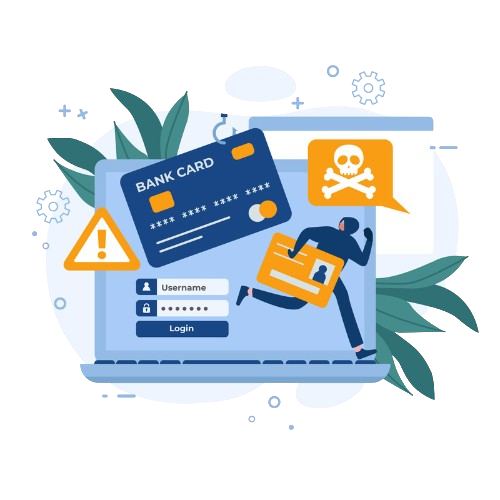Common Reasons for High-Risk Account Rejections

A merchant account can be a lifeline for businesses that handle payments, but some applications face roadblocks. This article takes a close look at why high-risk merchant account applications might be turned down and offers practical insights on addressing these issues.
Understanding High-Risk Merchant Accounts
High-risk merchant accounts are set aside for businesses that operate in industries with a higher chance of disputes or chargebacks. Providers may flag accounts as high risk due to the type of products offered, the target customer base, or even the location of operations. For more details on what qualifies as a high-risk merchant account, check out this High Risk Merchant Account page.
Key Factors Behind Account Rejections
Incomplete Documentation
One of the most common reasons for rejection is the lack of proper documentation. When a business submits an application without the full range of required documents—such as tax returns, bank statements, and proof of registration—the application often does not get past the initial review stage. Providers depend on accurate records to assess risk and make informed decisions. Reviewing and organizing all necessary paperwork is a simple yet critical step.
Poor Financial History
A business’s financial track record plays a significant role in the decision-making process. An application may be rejected if there is evidence of inconsistent income, unresolved debts, or any indication that the business is struggling financially. Lenders and processors look for clear signs of stable financial performance. Maintaining a steady record and providing detailed financial documents can help shift the focus away from past difficulties.
High Chargeback Rates
Chargebacks are a red flag for many providers. A high number of customer disputes can indicate issues with service quality or potential fraud. Providers worry that recurring disputes will lead to more severe financial losses down the road. If a business finds itself facing multiple chargebacks, it is important to investigate the underlying causes. Addressing customer concerns and refining transaction processes can have a positive impact on the account’s credibility.
Questionable Business Practices
The operational practices of a business are scrutinized during the application process. If there is any hint of unethical behavior—such as ambiguous refund policies or undisclosed fees—applications tend to be rejected. Providers prefer businesses that are upfront about their processes and offer clear policies to their customers. Transparency in operations helps build trust with payment processors.
Lack of Business Experience or Stability
New or inexperienced businesses sometimes have difficulty getting approved for high-risk merchant accounts. A short operating history or a lack of consistent revenue can be seen as potential risks. Even if the business shows promise, a limited track record may not provide enough assurance for providers. Building a detailed business plan and gathering evidence of steady progress can improve the odds during the application review.
Industry-Specific Challenges
Certain sectors carry inherent risks that can lead to rejections. Industries such as adult entertainment, CBD products, or gambling often face stricter scrutiny due to regulatory issues and a higher likelihood of disputes. Providers might have additional requirements or ask for more extensive documentation from businesses in these sectors. For those operating in specific regions, it is worth looking at localized guidelines. For example, businesses in the United Kingdom may benefit from information available on the High Risk Merchant Account UK page.
Overcoming Application Rejections
Addressing common rejection factors requires a proactive and honest approach. Start by reviewing all the requested documentation carefully. Double-check that every form, statement, or verification document is current and complete. Next, look closely at your financial records. If inconsistencies are found, work on getting them resolved or clearly documented before reapplying.
Reducing the number of chargebacks is also key. Monitor customer interactions and transaction records regularly. When disputes occur, take swift action to resolve them and identify any patterns that might indicate systemic issues. Learning from each case can help build a stronger profile for future applications. Providers such as the Best High Risk Merchant Account Provider may offer additional guidance and support to navigate these challenges.
Debunking Misconceptions
Misunderstandings about high-risk merchant accounts often contribute to unnecessary stress. Some business owners think that being categorized as high risk automatically means their application will be turned down. In reality, the decision is based on a combination of factors and can be improved with the right steps. Misconceptions about the process are common, and it may help to read more about the common myths. Information on this topic is available at High Risk Merchant Myths.
Final Thoughts
Facing rejection for a high-risk merchant account application can be discouraging, but it also offers a chance to re-evaluate business practices. Each rejection is an opportunity to examine your documentation, financial history, and customer service practices. By addressing these areas and taking proactive steps, business owners can improve their chances of success in future applications.
A thoughtful review of your procedures can lead to a better understanding of what providers are looking for. Reflect on the reasons behind past rejections and consider seeking advice from industry experts or service providers who specialize in high-risk accounts. This approach not only makes the application process more manageable but also strengthens the overall operational integrity of your business.